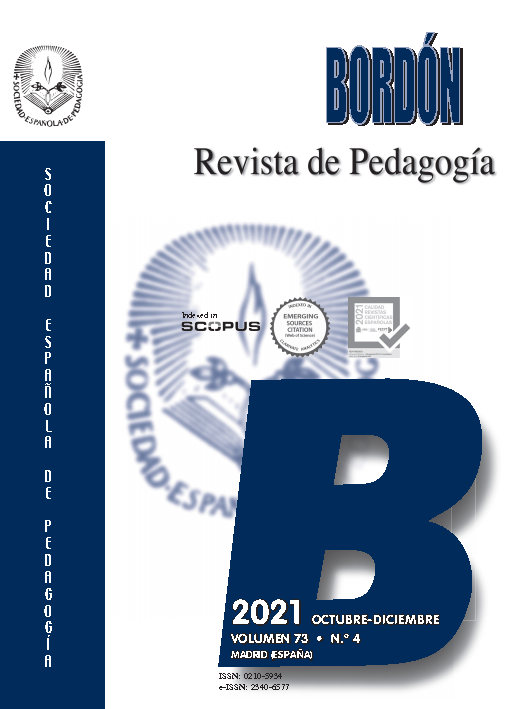Contribution académique d’un projet d’apprentissage par le service communautaire utilisant les technologies de l’information avec l’objetif de promouvoir la creation d’entreprises rurales auprès des femmes
Contenu principal de l'article
Résumé
INTRODUCTION. L’Apprentissage par le Service Communautaire (ASC) est une nouvelle méthodologie d’enseignement qui combine le développement curriculaire, professionnel et civique- social des étudiants facilitant un service à la communauté. Bien qu’elle ait été largement appliquée dans le domaine de la gestion d’entreprise dans l’enseignement supérieur américain, elle n’en est encore qu’à ses débuts dans l’Europe communautaire, où les autorités tentent de la systématiser dans le cadre de l’Espace européen de l’enseignement supérieur (EEES). MÉTHODE. Ce travail vise à analyser la contribution académique d’un projet d’ASC développé à l’Université de León (Espagne) au cours de l’année académique 2016-17, dans lequel cinq groupes multidisciplinaires d’étudiants de cinq matières de premier cycle et de troisième cycle universitaires dans le domaine de la gestion entrepreneurial ont mis en pratique les connaissances acquises en cours pour conseiller cinq femmes entreprenantes ruraux en utilisant les TIC pour faciliter la communication université-société. Pour cela, deux questions de recherche sont posées : premièrement, savoir quelle est la perception des résultats du projet dans un groupe de 25 étudiants-service, en étudiant leurs réponses à un questionnaire d’auto-évaluation ; et, deuxièmement, après une conception expérimentale en deux groupes appariés à un groupe témoin de 25 étudiants non participants afin de savoir quel est l’effet possible de l’ASC sur les rendements académiques, mesuré par les notes obtenues. RÉSULTATS. Nos résultats montrent que les étudiants-service reconnaissent avoir amélioré leur formation curriculaire, professionnelle et civique-sociale après avoir participé à cette expérience d’enseignement. Ils montrent également que ces étudiants ont eu un rendement académique significativement plus élevé que les étudiants non participants. DISCUSSION. Au vu des résultats on peut conclure que l’ASC utilisant les TIC permet d’améliorer la qualité du processus d’enseignement-apprentissage et l’employabilité future des étudiants, bénéficiant également le développement économique et social de l’environnement local.

